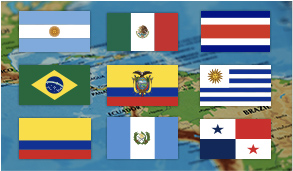Industrial Dust and Particulate

What are Particulate Emissions?
Particulate emissions are tiny airborne particles and droplets that are comprised of hundreds of chemicals. Most are formed in the atmosphere as a result of emissions from utilities, industry and vehicles. EPA regulates inhalable particles smaller than 10 micrometers.
Particulate Dust Scrubber for PM Emissions
Tri-Mer Ceramic Filter Systems are 99%+ efficient for the collection of particulate. The typical level of PM emissions control at the outlet of Tri-Mer ceramic dust scrubbers is 0.001 grains/dscf (2.0 mg/Nm3).
This efficiency level applies to even very heavy inlet loadings. Higher inlet loadings require that filters be cleaned more often with reverse-air pulsing to dislodge accumulated particulate from the media.
PM emissions of PM10, PM2.5, and submicron PM1.0 are captured with exceptional efficiency. Tri-Mer particulate scrubbers control PM in a way very different from traditional filters. The unique design of the filter causes capture of the particulate matter on the face of the filter tubes without deeply penetrating the filter walls. This allows for complete cleaning of the surface.
Tri-Mer Ceramic Catalyst Filter systems operate at elevated temperatures and can be configured to remove SOx, NOx, CO, mercury, dioxins, and Cement O-HAPs.
Ceramic filters are also available with embedded catalyst to remove NOx at low temperatures, along with dioxins and Organic HAPS.
For particulate emissions control, typical filter life is 5 to 10 years.
This form is the fastest way to get in touch with us.
A more detailed form, located here, will tell us what we need to generate a detailed quote.






